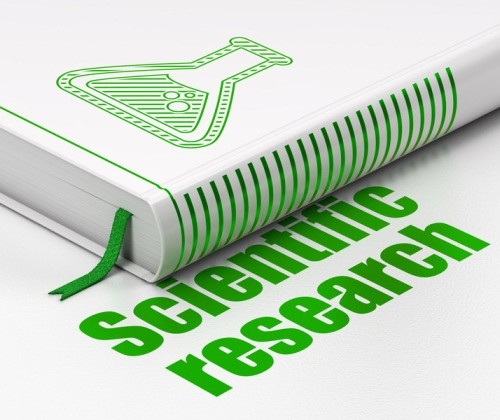
The ashwaghanda is a plant extract you can find in the ingredient lists of food supplements, but do you know what is it exactly? This article makes a statement of what the science says established concerning this extract: its definition and health effects on human.

WHO/Europe is calling upon consumers to become a part of a project aimed at creating a healthier society. Indeed, consumers can participate to the test of an artificial intelligence (AI) tool that will help countries across the WHO European Region to effectively monitor and regulate the promotion of harmful products from tobacco and alcohol to foods high in salt, trans fats and sugars – and to monitor the marketing of breastmilk substitutes and foods for infants and young children.

In autumn 2022, the British Department of Health and Social Care requested to the Scientific Advisory Committee on Nutrition (SACN) to take a position regarding food processing and health. The SACN raises uncertainties on the evidence related to food processing and health in a statement published on 11 July 2023.

The right to use Nutri-Score is optional and free. It was implemented for the first time in France in 2017, based on the work of the team of Pr. Serge Hercberg as well as the expertise of the National Health Security Agency (ANSES) and the High Council of Public Health (HCSP). Since its launch in France, several countries have decided to recommend its use: Belgium, Switzerland, Germany, Spain, the Netherlands and Luxembourg. The logo is awarded on the basis of a score taking into account, for 100 g or 100 mL of product, the content: of nutrients and foods to promote (fibers, proteins, fruits, vegetables, legumes, nuts, rapeseed oil , nuts and olives) and nutrients to limit (energy, saturated fatty acids, sugars, salt). The Nutri-Score of drinks has been modified.

An international cross-sectional study recently published in the British Medical Journal found that infant diet products communicated from 1 to 4 health and nutrition claims. The authors pointed out that 2/3 of the products with at least one claim did not provide any reference. When registered clinical studies were referenced, the authors noted a high risk of bias.

The cannabidiol, CBD, an active substance most often of natural origin, is one of the phyto-cannabinoids. CBD, as the tétrahydrocannabinol (THC ), is present in the cannabis flowers and leaves. It is a non-addictive psychotropic drug, unlike THC. It is also a component in the form of an extract, medicine, or everyday consumer products, only some of which are authorised in France under specific conditions of THC content. In addition, CBD is considered at European level as a novel food whose safety is currently being assessed by EFSA.

The law on the fight against waste and the circular economy (AGEC) of 2020 lays down provisions which will be phased in over time. We discuss the ones that will have an impact on the agri-food sector in 2023.

The impact of the rhythm of daily physical activity (here called “chronoactivity”) on the risk of cardiovascular disease (CVD) remains unknown. The aim of this study is to examine the associations between chronoactivity and different cardiovascular outcomes based on physical activity data from the UK-Biobank.

Nutritional recommendations for a sustainable and healthy diet include plenty of variety in the consumption of minimally processed plant-based foods (fruits, vegetables, nuts, unrefined grains, legumes, etc.) and moderate amounts of animal food sources. This study provides factual information on the contribution of animal protein to total protein meeting all recommendations without additional cost.

A new One Health Joint Plan of Action (OH JPA) has been launched by the Food and Agriculture Organization of the United Nations (FAO), the United Nations Environment Program (UNEP), the World Health Organization (WHO) and the World Organization for Animal Health (WOAH). This first Joint Plan on One Health aims to create a framework to integrate systems and capabilities so that we can collectively better prevent, predict, detect and respond to health threats. This initiative aims to improve the health of humans, animals, plants and the environment, while contributing to sustainable development.